Pandas 0.23+
Use pandas.Series.dt.day_name(), since pandas.Timestamp.weekday_name has been deprecated:
import pandas as pd
df = pd.DataFrame({'my_dates':['2015-01-01','2015-01-02','2015-01-03'],'myvals':[1,2,3]})
df['my_dates'] = pd.to_datetime(df['my_dates'])
df['day_of_week'] = df['my_dates'].dt.day_name()
Output:
my_dates myvals day_of_week
0 2015-01-01 1 Thursday
1 2015-01-02 2 Friday
2 2015-01-03 3 Saturday
Pandas 0.18.1+
As user jezrael points out below, dt.weekday_name was added in version 0.18.1
Pandas Docs
import pandas as pd
df = pd.DataFrame({'my_dates':['2015-01-01','2015-01-02','2015-01-03'],'myvals':[1,2,3]})
df['my_dates'] = pd.to_datetime(df['my_dates'])
df['day_of_week'] = df['my_dates'].dt.weekday_name
Output:
my_dates myvals day_of_week
0 2015-01-01 1 Thursday
1 2015-01-02 2 Friday
2 2015-01-03 3 Saturday
Original Answer:
Use this:
http://pandas.pydata.org/pandas-docs/stable/generated/pandas.Series.dt.dayofweek.html
See this:
Get weekday/day-of-week for Datetime column of DataFrame
If you want a string instead of an integer do something like this:
import pandas as pd
df = pd.DataFrame({'my_dates':['2015-01-01','2015-01-02','2015-01-03'],'myvals':[1,2,3]})
df['my_dates'] = pd.to_datetime(df['my_dates'])
df['day_of_week'] = df['my_dates'].dt.dayofweek
days = {0:'Mon',1:'Tues',2:'Weds',3:'Thurs',4:'Fri',5:'Sat',6:'Sun'}
df['day_of_week'] = df['day_of_week'].apply(lambda x: days[x])
Output:
my_dates myvals day_of_week
0 2015-01-01 1 Thurs
1 2015-01-02 2 Fri
2 2015-01-01 3 Thurs
